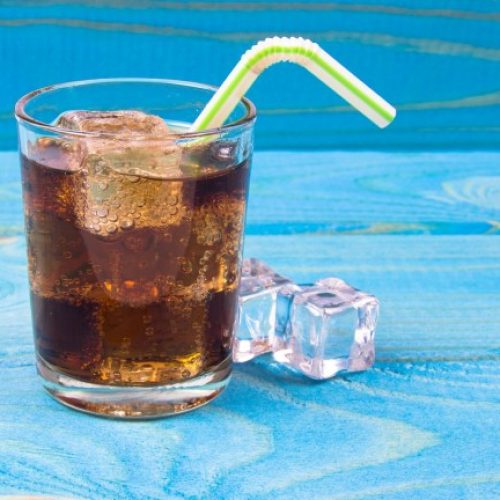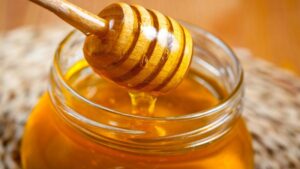


1. cohorts (n)
a group of people who share a characteristic, usually age
2. replicate (v)
to make or do something again in exactly the same way
3. acknowledge (v)
to accept, admit, or recognize something, or the truth or existence of something
4. ruled out (phr.v)
to prevent something from happening
5. counterparts (n)
a person or thing that has the same purpose as another one in a different place or organization
6. establish (v)
to prove something or show the state of something, esp. by collecting facts or information about it
7. glug (v)
to drink something in large mouthfuls
Diet drinks may be just as bad for your heart as sugary ones

Glugging ‘diet’ fizzy drinks may be just as harmful to your heart as their sugary counterparts, new research has suggested.
A decade-long study in France, in which more than 100,000 participants took part, found higher rates of cardiovascular disease when people drank more sweet beverages, whether they contained sugar or artificial sweeteners.
Researchers, publishing their letter in the American College of Cardiology, said their findings suggested sweeteners may ‘not be a healthy substitute for sugary drinks’ after all. However, the results of the study do not establish a causal link between sweeteners and heart disease.
To prove a sure-fire link, researchers acknowledge that ‘replication in other large-scale prospective cohorts and mechanistic investigations are needed.’
Previous research has suggested diet drinks can lead to weight gain and increase the risk of a stroke by 23%. Participants of the study filled out a 24-hour diet log online every six months over the course of a decade.
Researchers separated drinks into those with sugar and ‘non-nutritive sweeteners’ – products used to sweeten foods but that add no calories, such as aspartame, sucralose or Stevia (a natural sweetener).
Though researchers said they were careful to remove factors that may confuse findings, they emphasised that ‘reverse causality’ – where artificial sweeteners are not the cause of the heart disease – could not be ruled out.
Participants in the study were divided up into non-consumers, low-consumers and high consumers of fizzy drinks, both sugary and artificially-sweetened.
The results showed that high consumers of sweet drinks, whether that was artificial or regular sugar, had a higher risk of heart disease compared to low- or non-consumers.
Resource: https://metro.co.uk/2020/10/28/diet-drinks-may-be-just-as-bad-for-your-heart-as-sugary-ones-13492832/

- What do you think of artificial sweeteners?
- Do you prefer the word ‘fizzy drink’ or ‘soda’?
- What can we do to reduce childhood obesity?
“Sugary drinks are blamed for increasing the rates of chronic disease and obesity in America. Yet efforts to reduce their consumption through taxes or other measures have gone nowhere. The beverage industry has spent millions defeating them. “










